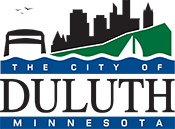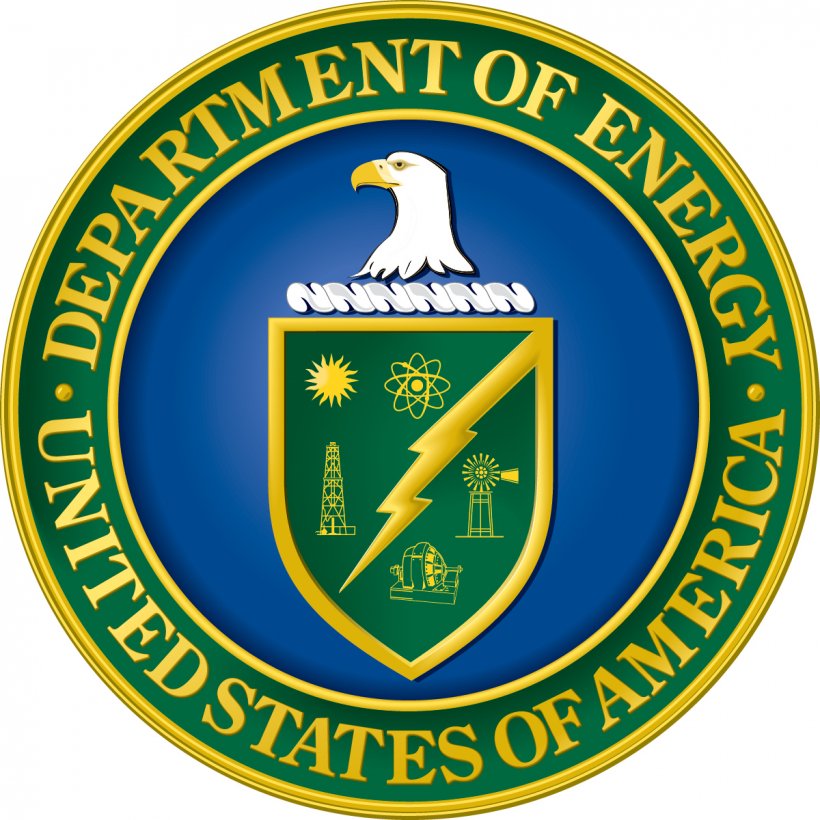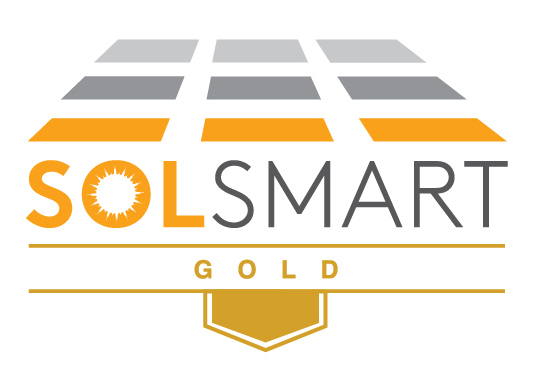Solar Installation Resources

Duluth is a SolSmart gold certified city, meaning the City of Duluth is dedicated to ensuring consumer protection for those interested in local solar. To support these efforts, Duluth has collected a number of resources from national experts to help ensure “going solar” locally is as effortless and streamlined as possible.
- Solar is allowed by-right and as an accessory use in all major zones
- Through Imagine Duluth 2035, Duluth identified areas for improvement and is working to implement zoning ordinance adjustments for solar installation
- The following resources where collected for your reference!
Can’t go solar? Check out Minnesota Renewable Source, which allows you to purchase renewable energy through Minnesota Power.

In partnership with the US Department of Energy’s Solar Market Pathways program, St. Louis County, the City of Duluth, the University of Minnesota Duluth’s Geospatial Analysis Center, and the National Renewable Energy Lab, Ecolibrium3 has released an interactive map of over 60,000 buildings in the City of Duluth. The Duluth Shines! Solar Map allows residents and businesses to see how much rooftop solar energy could be produced on their buildings.

CS& I Residential Solar Checklist
Before approval and issuance of permits for Solar Thermal/Photovoltaic installations, applicant shall submit the following minimum information. Installation must comply with the manufacturer’s instructions and building and fire code requirements, including the National Electrical Code.
Visit https://duluthmn.gov/csi/ or Call 218-730-5240 for more details.

As you explore installing solar panels on your roof, you will find you have many choices to make. Using this checklist puts important information in your hands that you need to know before entering into a contract to install a solar system. It offers questions, considerations and protective measures that can help you get the answers you need to make informed decisions that can affect your bottom line—the safe and effective installation of a system that meets your expectations.

Rebates for Solar Installation
Minnesota Power’s SolarSense program provides rebates to reduce the upfront costs of installing solar, helping make solar energy a more viable option for customers. SolarSense is available to customers installing a solar electric photovoltaic (PV) system.
The program funds are awarded to customers on a first-come, first-served basis. Customers applying for the SolarSense program must submit an interconnection application, and a SolarSense application. If more applications are received than funds available, names will be placed on a wait list. Annual budgets for the SolarSense program are approved through 2020. Please refer to the table below for current year funding availability.
https://www.mnpower.com/Environment/SolarSense
Renewable Source: purchase renewable energy through Minnesota Power
With Renewable Source, you can choose how much of the energy you purchase comes from renewable sources and directly influence the amount of renewable energy on the power grid.
For a few dollars more a month, you can add more renewable energy to the power grid equal to a percentage of your monthly energy use. It’s an easy way to reduce your carbon footprint with nothing to install or maintain. The extra cost is added to your regular monthly bill and the power is delivered to the electric grid on your behalf.
https://www.mnpower.com/ProgramsRebates/RenewableSource
Minnesota Power’s Low Income Solar Pilot Program
The Low Income Solar Pilot Program provides funding for projects that make it possible for income-qualified customers to have easier access to solar power. Applications for projects that benefit income-qualified customers or facilities that serve income-qualified customers can be submitted by Minnesota Power customers, solar installers or developers, or community groups. A committee of seven Minnesota Power employees and seven regional stakeholders will review applications and award funding.

The Department of Energy has produced a new Homeowner’s Guide to the Federal Tax Credit for Solar Photovoltaics. There is a 30% tax credit for residential solar installed between the years 2022 – 2032.
